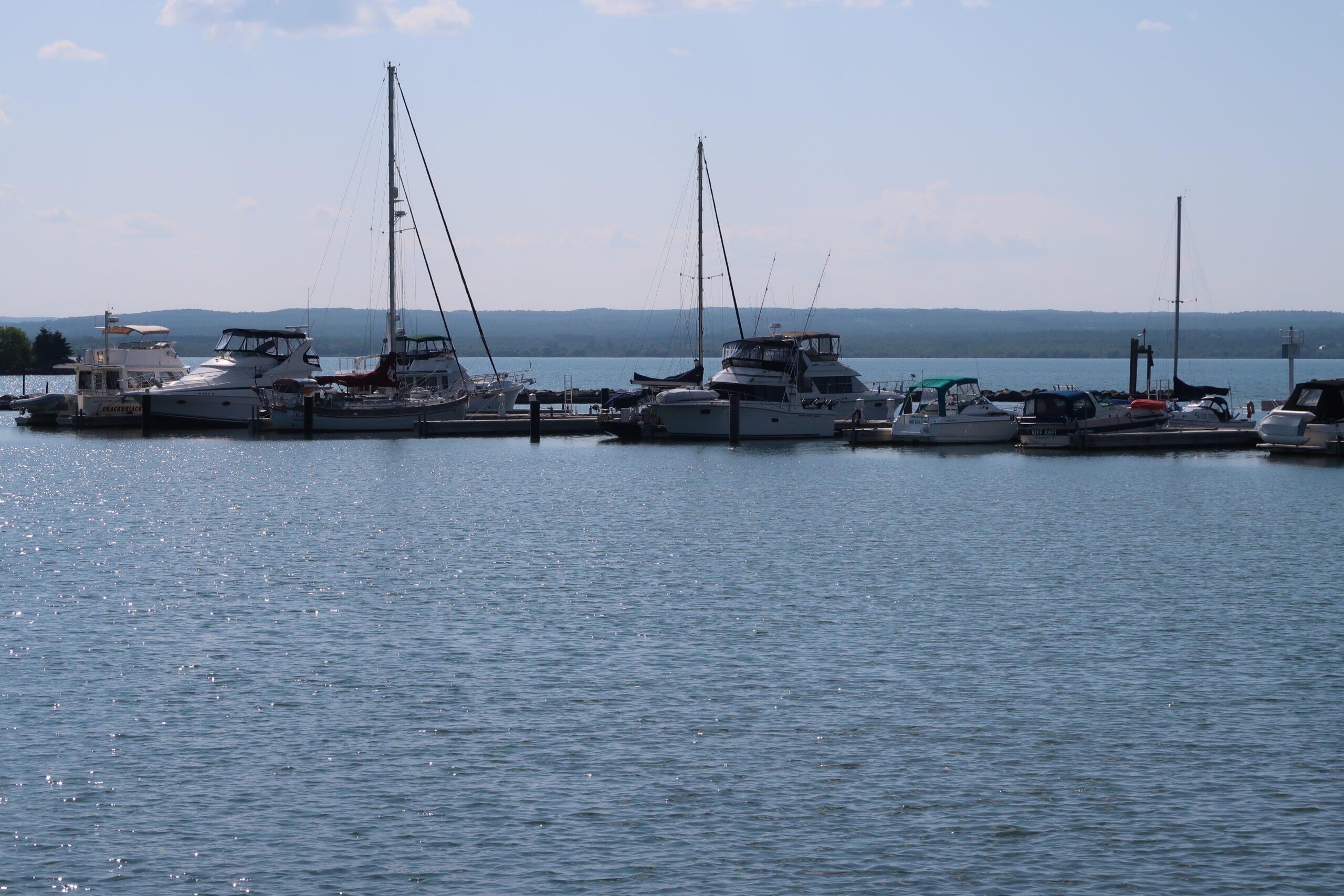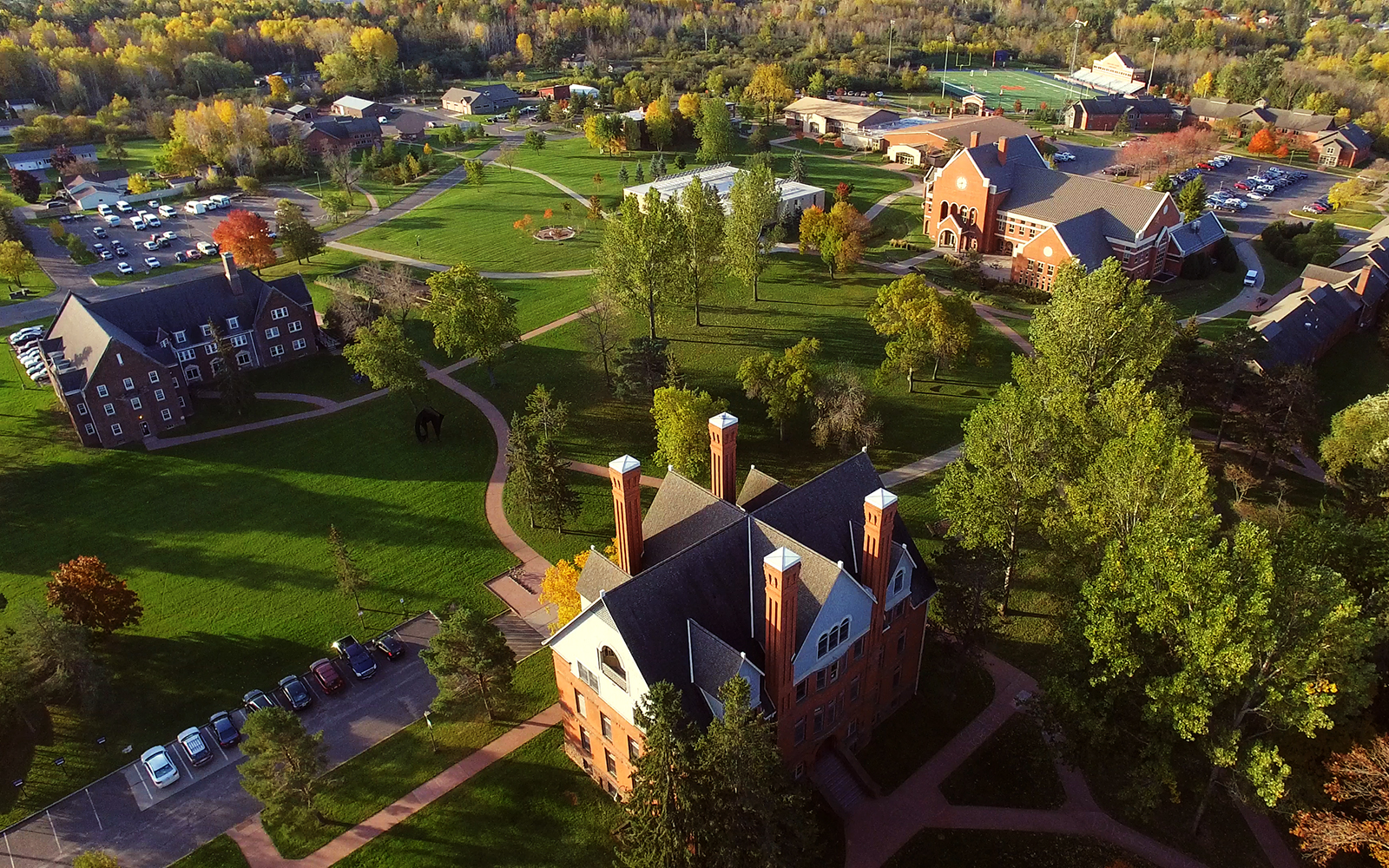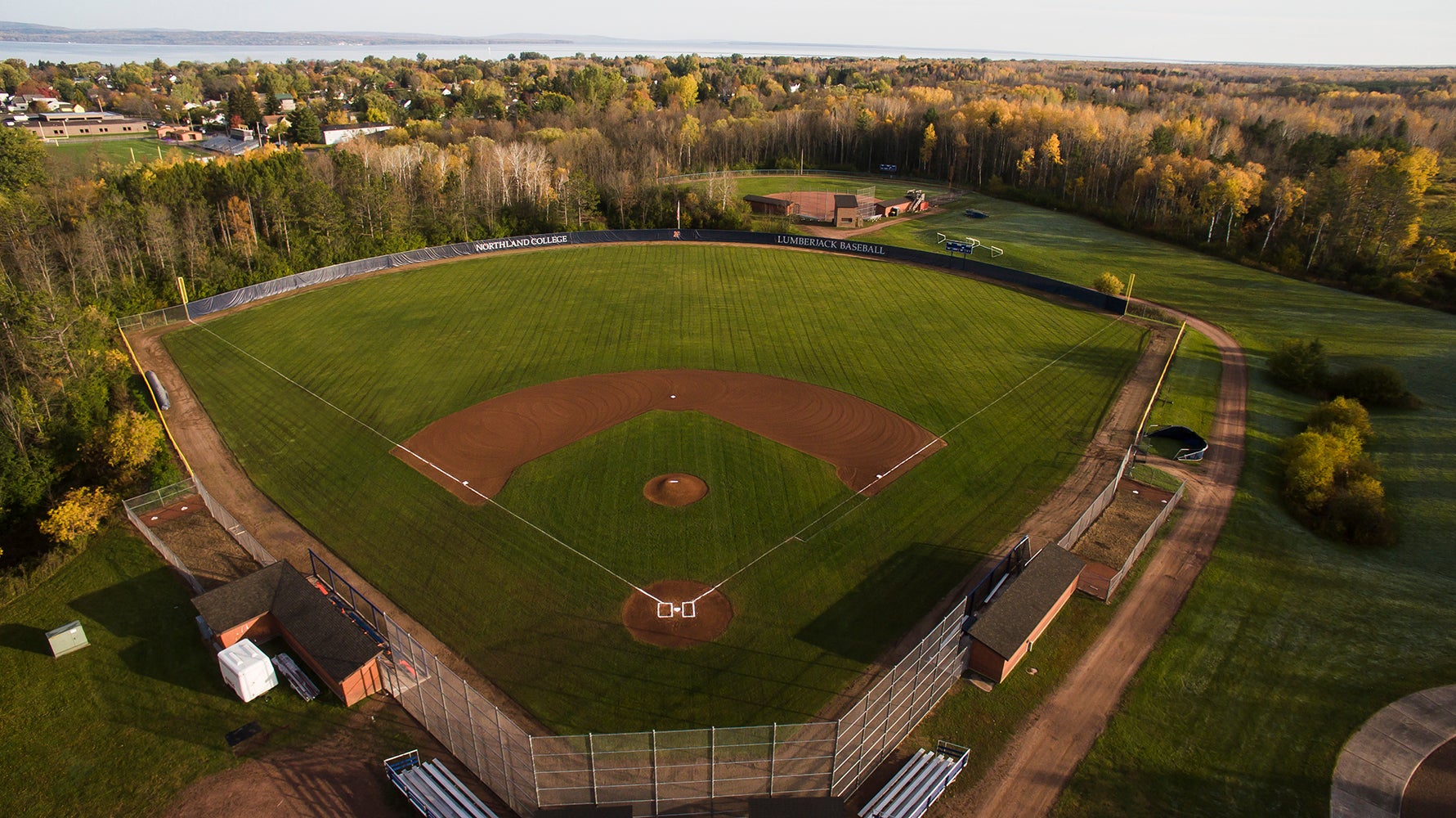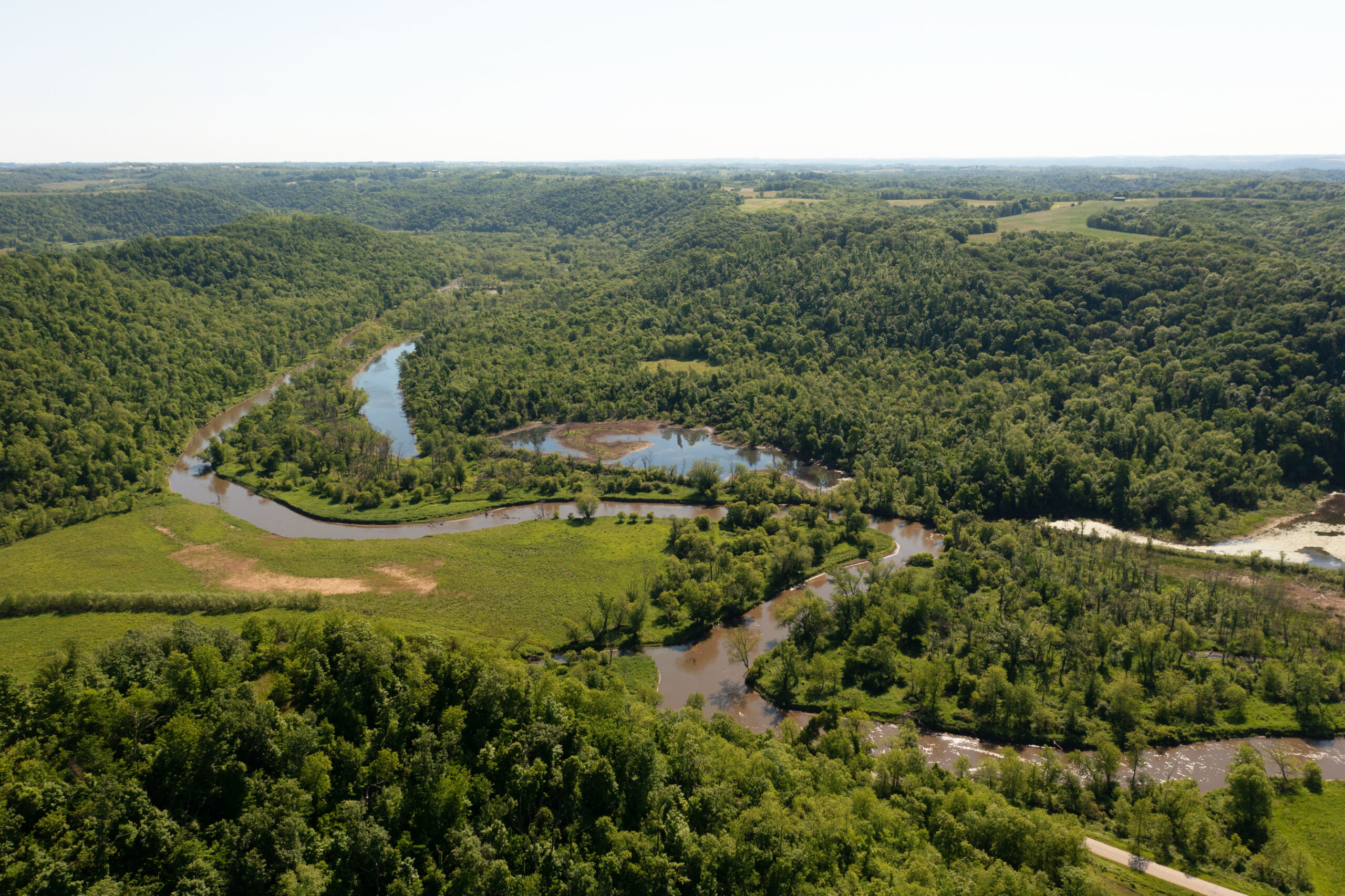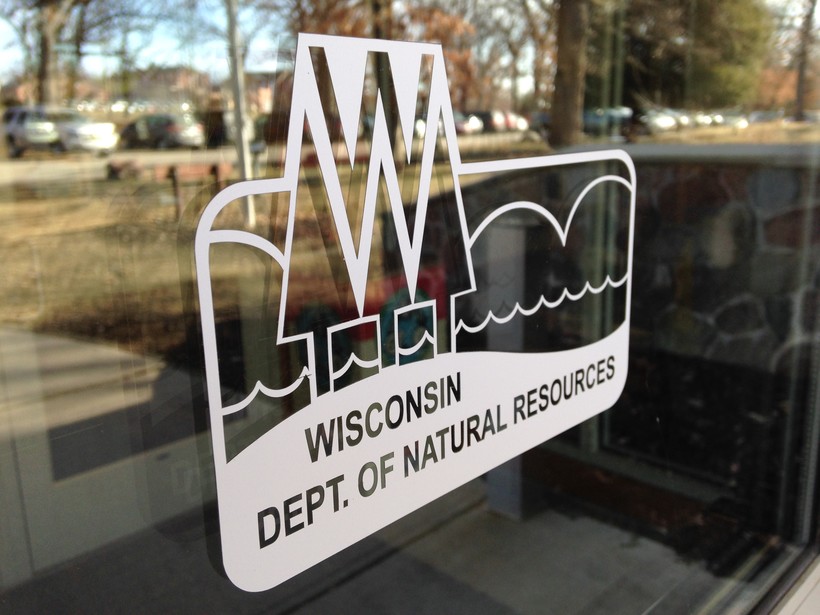Earlier this month, the Legislature’s budget-writing committee shot down about $1 million in grants under the state’s stewardship program for a boat launch project in the city of Ashland.
That’s despite the committee previously signing off on a similar amount of grant funding for another northern Wisconsin project.
The Republican-controlled Joint Committee on Finance voted 11-4 to reject $1.02 million in recreational boating funds under the Knowles-Nelson Stewardship program. The city of Ashland sought the money for a boat launch in Kreher Park, which is part of a former Superfund site.
The project is part of the city’s efforts to redevelop its waterfront at the site of a former manufactured gas plant owned by Northern States Power Co. or Xcel Energy. The shoreline area and lake sediments had been contaminated by wood waste, tar and oil containing compounds hazardous to human health.
Ashland Mayor Matt MacKenzie said they want a boat launch that can handle larger watercraft, noting it would help tourists access Lake Superior.
“We get a lot of visitors that come over here from Minnesota and Michigan that are looking to launch their watercraft and end up having to go someplace other than here because we don’t have a facility,” MacKenzie said.
However, the committee’s co-chair Rep. Mark Born, R-Beaver Dam, took issue with the state funding the vast majority of the $1.4 million project.
“It’s 73 percent funded by the state. The locals are barely at the table. They can’t even meet us halfway,” Born said at the committee’s Feb. 1 meeting.
The GOP lawmaker argued the boat launch should have more local buy-in, noting the city of Oconomowoc has fundraised to support a similar project.
Ashland’s mayor said it was unfair to compare the two communities, saying Oconomowoc is in one of the state’s wealthiest counties. The median household income in Ashland is roughly half of Oconomowoc’s median income of $99,104, according to data from the U.S. Census Bureau.
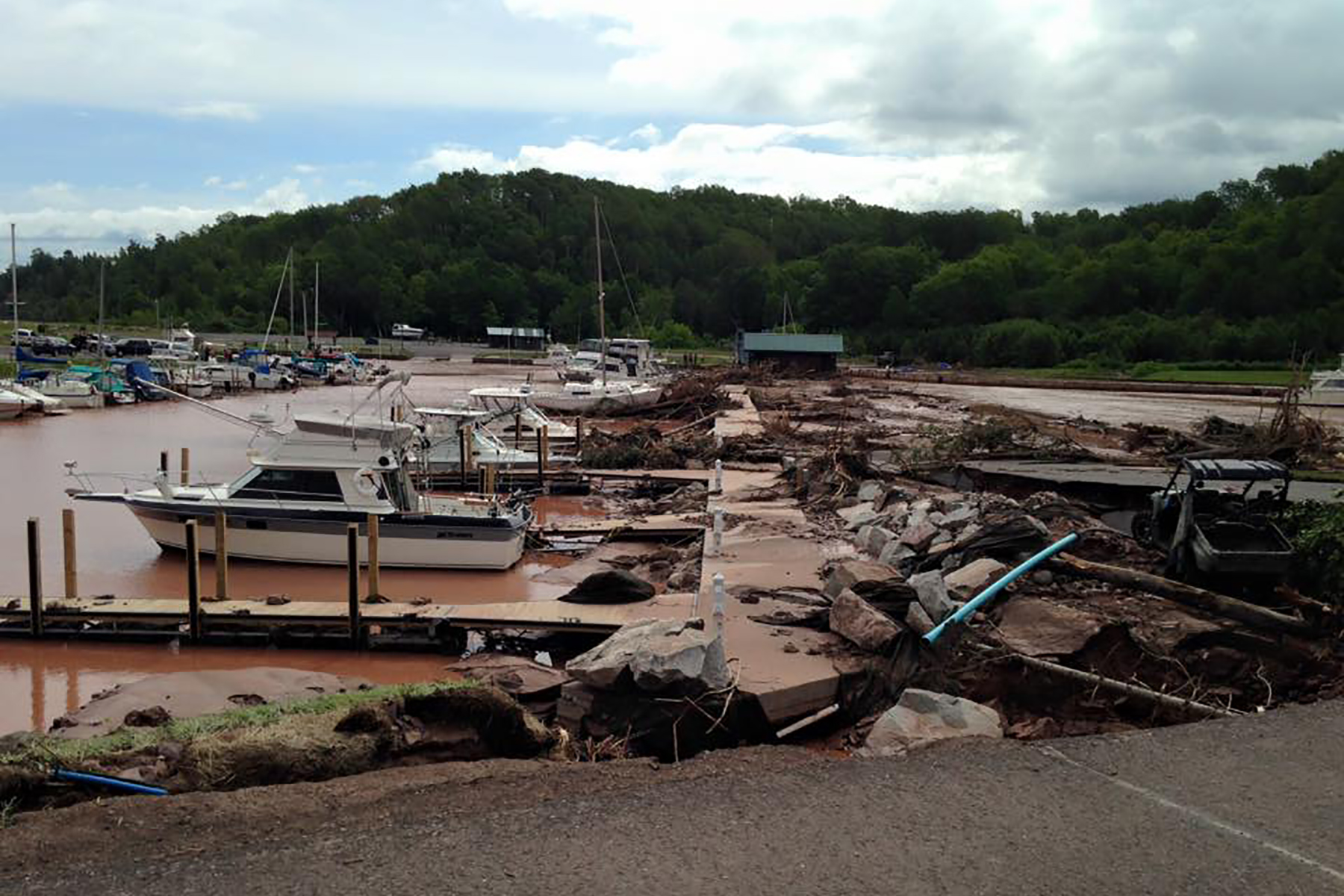
Iron County received $1.1M in boating grants
News with a little more humanity
WPR’s “Wisconsin Today” newsletter keeps you connected to the state you love without feeling overwhelmed. No paywall. No agenda. No corporate filter.
MacKenzie also highlighted the committee approved a similar amount of funding for Saxon Harbor. Iron County received $1.1 million in recreational boating grants to repair boat ramps, docks and other facilities destroyed by the July 2016 flood.
In both cases, the committee initially approved funds for the two projects at a lower amount. However, costs climbed in both instances for different reasons. At Saxon Harbor, a delay and change in construction caused expenses to rise along with repairs that cost more than projected. In Ashland, project costs grew due to additional requirements from the Environmental Protection Agency associated with the site’s cleanup.
The committee approved Iron County’s request for additional funding, but objected to Ashland’s pleas for more money.
“I have no grudge against Iron County. I think it’s great they got what they got,” MacKenzie said. “But I would hope that somebody could look at it and do the same thing for us.”
When asked about the differing treatment, Born said in a statement there was “significant buy-in” from other sources at Saxon Harbor.
“Under the recently rejected proposal, 73% of the project would have been state funded,” Born said. “We are prepared to come to the table if the local partners are willing to be meaningful participants.”
The repairs to boat ramps and docks at Saxon Harbor were part of a larger reconstruction project that cost just under $15 million, which included funding from local, state and federal sources.
As of Feb. 6, the Legislature’s finance committee had objected to 23 of 91 stewardship projects that had been submitted since Jan. 1, 2020, according to the Legislative Fiscal Bureau. Of the objections, six projects were approved, two were denied and 15 were withdrawn.
With funding rejected, MacKenzie said the city could reapply for funding next year. However, the Legislature’s budget-writing committee has objected several times to the city’s request for assistance.
In the meantime, the city intends to keep searching for additional funding. Ashland has obtained a federal Sport Fish Restoration grant, but MacKenzie noted there’s a lot of competition for grants. He added the city of close to 8,000 residents is too poor to do it all on their own.
“It’s not that we’re just looking for a free handout. We’re looking for a hand-up,” MacKenzie said. “And we really feel strongly that it benefits the whole state.”
Wisconsin Public Radio, © Copyright 2025, Board of Regents of the University of Wisconsin System and Wisconsin Educational Communications Board.

